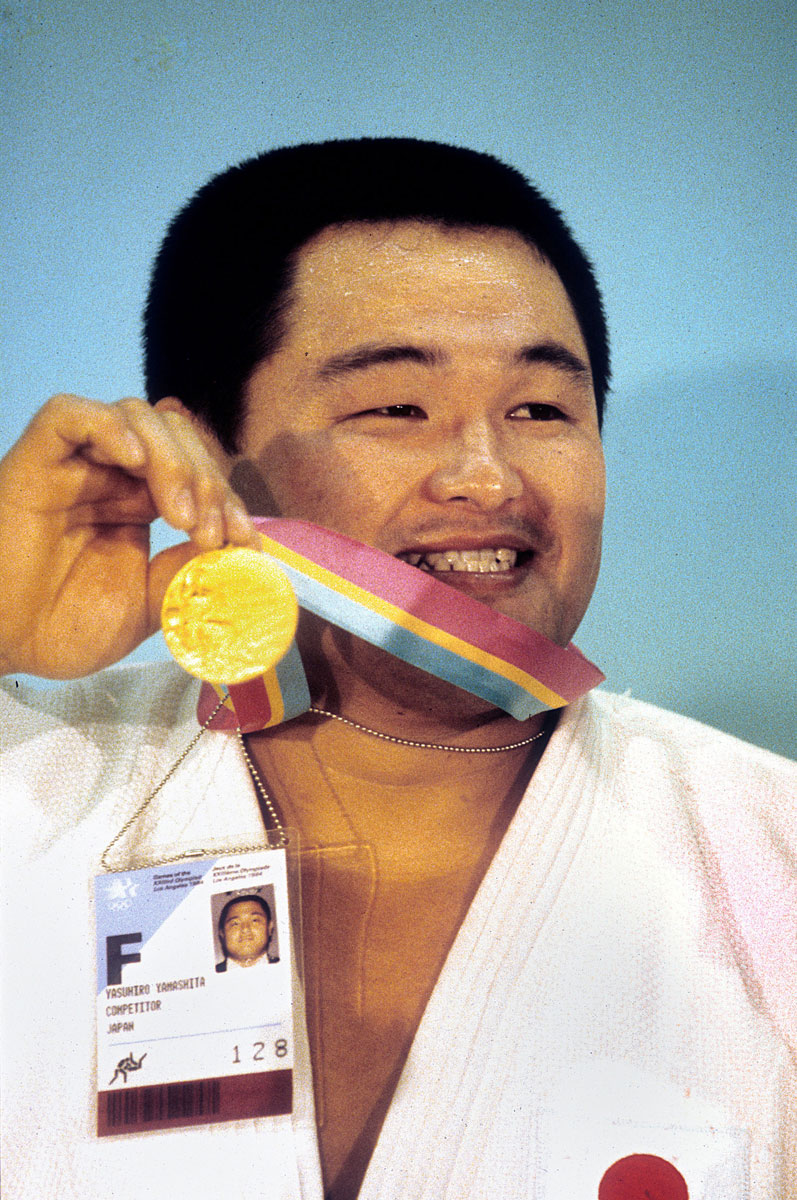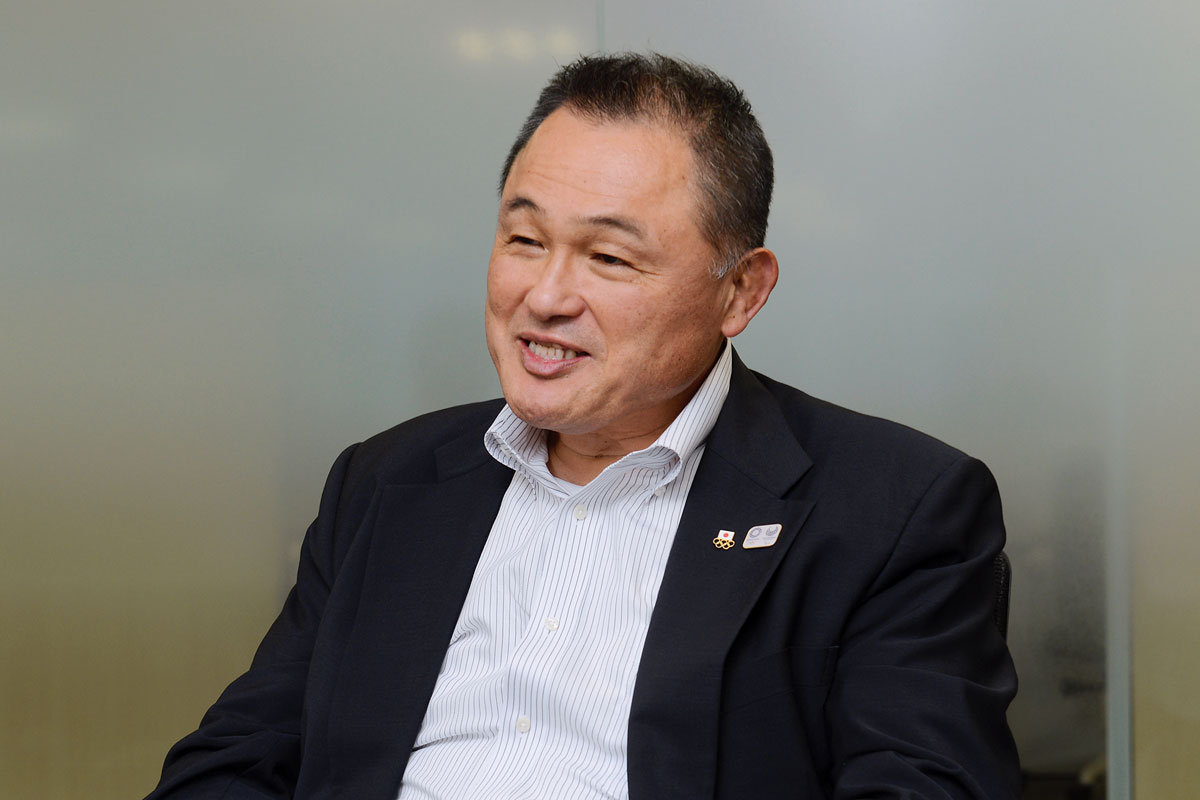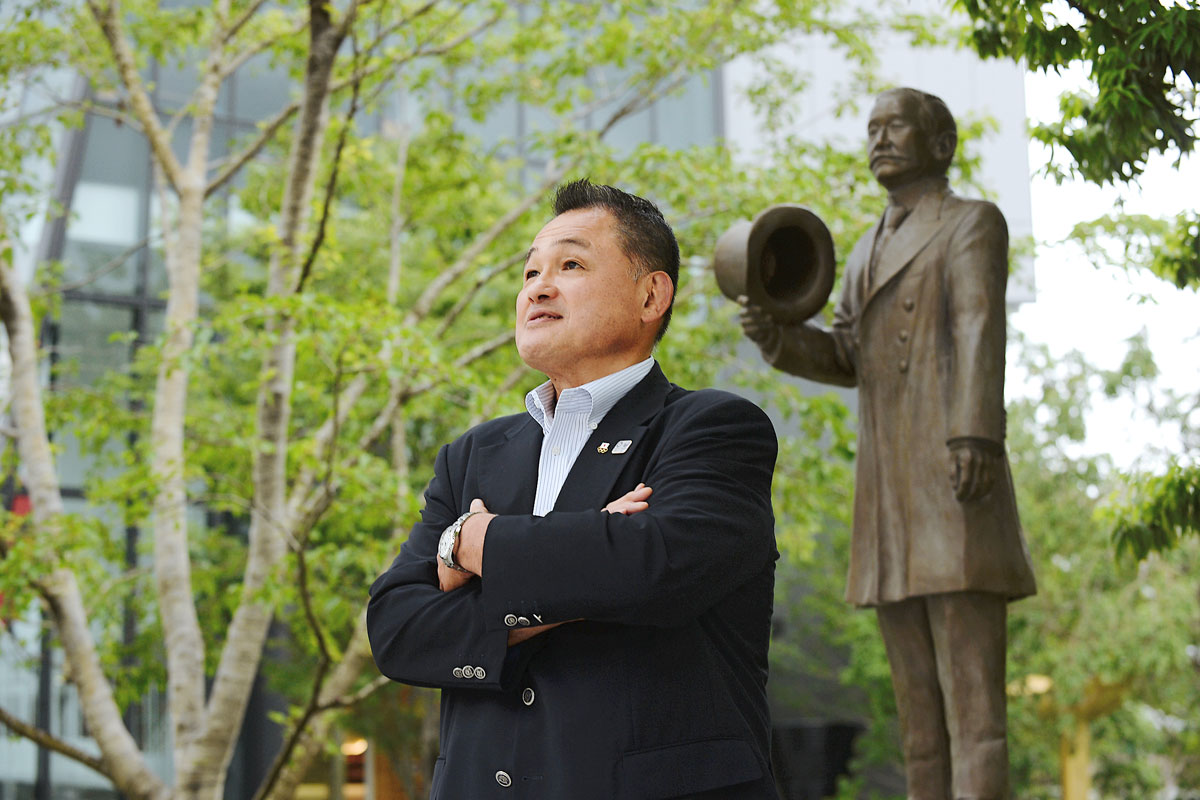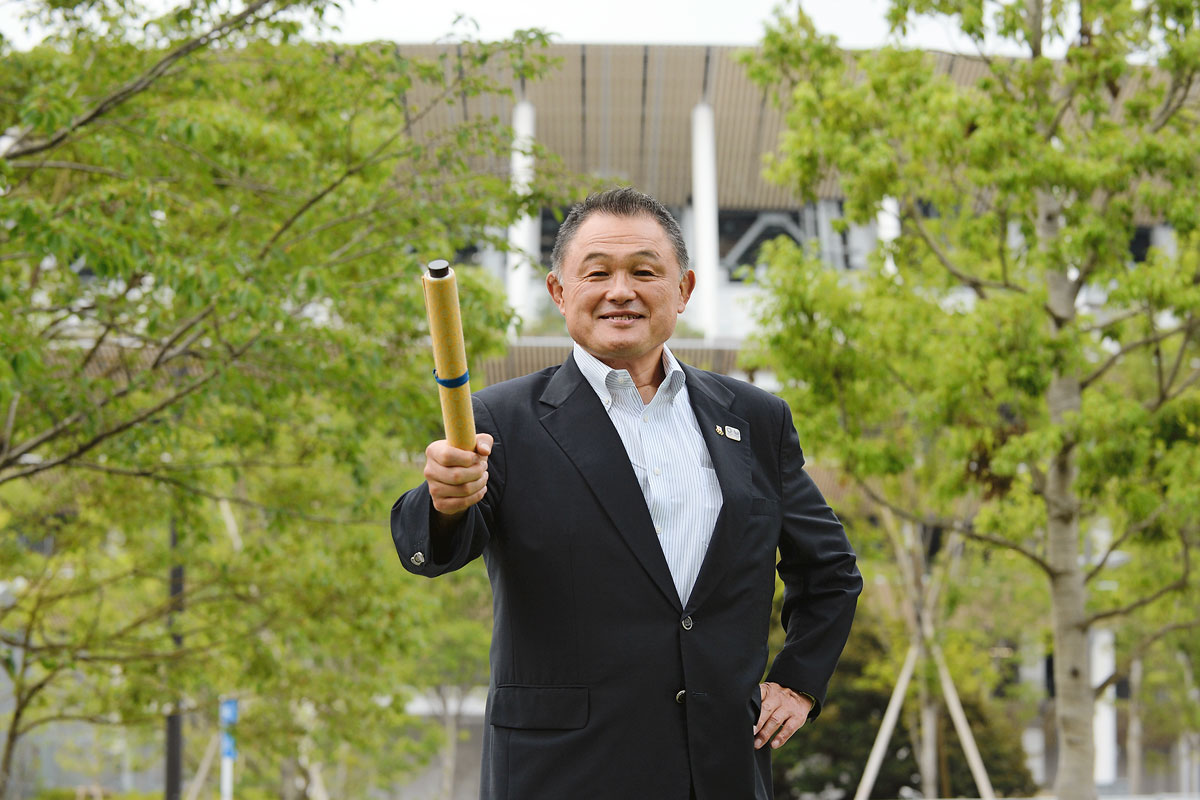

© Yuki Saito

Fair play is fundamental to sport above all else. Doping is a most cowardly, unfair act that goes against the spirit of fair play and sportspersonship. Even if it was inadvertent or simply that one was not careful enough in making a decision, if an athlete is found to have potentially violated anti-doping rules, it is the athlete who will be held liable. This does not mean that it is only athletes who must possess anti-doping knowledge and take appropriate action. Their entourage needs to take their initiative to proactively learn about anti-doping rules. This is because coaches in particular are heavily influential on athletes regarding their fundamental values.
I know first-hand how significant coaches are to athletes. I began Judo soon after I started fourth grade. I was a highly active child back then. When I was in junior high school, I met a wonderful mentor, Shiraisi Reisuke sensei. I then became serious about Judo. I learnt daily that there was a connection between Judo and day-to-day living and even with my whole life.
In Judo, sometimes you are thrown. Sometimes you get hurt. And sometimes, you lose. However, even if you fail, you get up and face your opponent again. Judoka follows the rules, pursues the spirit of “Rei (礼: respect and etiquette)”, cooperate with peers, and never forget to show respect to others, particularly one’s opponent. If you apply what is valued in Judo to your day-to-day life, anyone can become a champion in one’s life, even if you were unable to achieve victory on the Judo mat. My mentor’s strong belief was grounded upon the teachings of Kano Jigoro Shihan, the father of Judo and the father of modern sport in Japan.
Kano Shihan was always expounding on the meaning of the “Way of Judo (柔の道: Yawara no Michi)”. The “Way” signifies that we endeavour to apply what we learnt through Judo to our day-to-day living and life. It was by learning this that I was able to change myself. Here again, it was my coach and mentor on site who played the biggest influence on me. I believe athletes and children can change depending on their coaches, and can grow as individuals aiming toward their goals.


© getty images
After retiring from competitive Judo in 1985, I served first as a coach for the Judo team of Tokai University, my alma mater, then went on to serve as a head coach of Team Japan for the Olympic Games in Atlanta and Sydney, and the World Judo Championships. I also was the education and coaching director of the International Judo Federation (IJF).
As education and coaching director, I tried more than anything else to deepen the understanding of the “Way of Judo” by both athletes and coaches. Judo places value on respect. Rules should be followed, and Judoka compete with each other in matches but never forget to show respect to all. Judoka can hone their skills and rise higher because they have others to do Judo with. That is why we bow (礼: Rei).
This is the spirt of Judo as expounded by Kano Shihan. My ideal is that this spirit spreads worldwide – what it is that Judo aims for, and what it is that is most important in Judo. I have been repeatedly questioning the Judoka and their coaches of the world.
Kano Shihan was instrumental in the establishment of what is now as the Japan Sport Association (JSPO) and was committed to Japan’s involvement in the Olympic Games and the adoption of sport in Japanese education. I believe that his aim was to have the educational value of sport contribute to the healthy development of youths and to the creation of an even better society. It may have been similar to Baron Pierre de Coubertin advocating the revival of the Olympic Games.
The Olympic Games celebrates sport by bringing people together from all over the world. The Games can increase mutual understanding and promote cross-cultural exchange. This, in turn, will lead to the world peace. That is the inherent value of sport, and should remain the same, even with the change in times. Whether it is non-competitive, personal fitness and recreation-oriented sport, or an elite sport where athletes challenge their limits and aim to win a top world position on the podium, the inherent value of sport must be protected and cherished for all.

© Yuki Saito
As the COVID-19 pandemic rages around the world, society has been facing unprecedented, dire circumstances in which the future cannot be anticipated. This is probably the first time ever that sporting activities came to a global halt for athletes and everyone involved in sport.
One of the things that we became aware of under such circumstances was that sport is dependent on a peaceful world – a world without worry or anxiety. We came to realize that many of us who are engaged in sport can only fulfil our role against the backdrop of peace.
When various sporting activities started resuming in Japan even amidst the COVID-19 pandemic, it indeed brought a positive wave to the public. We can live positively, with dreams and hopes, when we have “light” in our life. I keenly felt anew how sport can bring that kind of light to the world.
COVID-19 has also reminded us of the importance of physical and mental health. My hope is that many people will engage in moderate physical exercise in a structured manner. That they find outlets for their stress and pay attention to maintaining their physical and mental wellbeing. In today’s society where everyone is experiencing stress, I aspire for a world in which people neither hurt each other nor become hurt – a world where we care about each other and help one another. In that sense, I believe that sport and art has much to contribute.
Adverse challenges can fuel growth if a person can see them as opportunities to grow. Any circumstance can lead people into either light or darkness depending on how they perceive it. Results can also change completely in the same way. Despite the unprecedented frightful circumstances raged by COVID-19, we would probably be able to see new rays of light if people can use this as an opportunity to reflect on their lifestyles and the way that they are handling situations, and search for a way to create a better society and a better self.


© Yuki Saito
“What is the fundamental of sport?” – we, who are on front-lines of sport, need to continually ask ourselves this question and never lose sight of the starting point of sport.
Aiming to reach the top of the world and challenging one’s limit, or making the impossible possible are precious efforts. Such feats achieved by athletes enable people to dream, feel hope, and move people emotionally. While these are precious on their own, the value of sport is actually even greater.
Sport itself has the power. Sport can contribute to the creation of a fair society – a society where people can be themselves while helping each other and living healthier lives. Sport also has the potential of connecting people to people, and countries with countries. I believe that now is the time when we reaffirm the true power and potential of sport toward the future. I am determined to share the true value with as wide a range of people as possible. Even if the times change, we should never change the fundamentals, the starting point of sport. I believe that looking back to ensure that we have not lost sight of that is necessary from time to time.
To do so, it is important that organisations related to sport, including the Japanese Olympic Committee (JOC), various sport associations, the Japan Sport Association (JSPO) and the Japanese Paralympic Committee (JPC), should collaborate with each other. I want us to form a scrum with many people so that we can pass the baton to the next generation and create a wave that will take us into the future.


© Yuki Saito
The experience through sport becomes valuable when we apply that experience to our lives. The value of “Yawara no Michi (Way of Judo)” and sport that Kano Shihan spoke of, and which my mentor taught me during my junior high school years, remains completely unchanged within myself to this day. The same can be said of my desire to communicate that sporting value to many people around the world.
Creating a fair society through sportspersonship.
Having sport contribute to the health of people’s minds and bodies.
Letting people know that anyone can look beyond a near-term victory, and become a champion in life.
To realize such visions, it is crucial to have not only athletes, but even more so, also coaches, managers, and sport bodies continue learning. I want to see the coaches have a long-term vision. Children listen to and believe what coaches and teachers say to them about becoming stronger in sport. That is why those adults must emphasize that “Sport if fun. Sport is not something that is only physically demanding or draining. It is not about winning or losing”. As JOC president, it is my responsibility to develop and find future leaders who can shoulder the next sporting world.
No matter how much the times may change, sport continues to be essential for people to live like themselves, and as something to bring light to the people and the world. Dreams are things that must be realized. I often reflect and ask myself, how would Kano Shihan is seeing the me that I am at this moment?
I want to realize my dreams while continually feeling his presence close by.


Started Judo at around the age of nine.
Gold medallist in the men’s Judo Open Category at the 1984 Los Angeles Olympic Games, and presented with Japan’s People’s Honour Award in the same year. Before retiring in 1985, marked 203 consecutive victories, never losing during his career against a non-Japanese opponent. Achieved nine consecutive All-Japan Judo Championships wins and four consecutive World Judo Championships wins.
Served as head coach of the Japanese men’s Judo teams and became the President of the All Judo Federation in 2017. Currently Executive Board Member, the International Judo Federation (IJF) and the President of the Japanese Olympic Committee (JOC) since 2019. Elected as a member of the International Olympic Committee (IOC) in 2020.